
Christiaan Boer Colehour Cohen
Boer War. Between 1899 and 1902, the British Army fought a bitter colonial war against the Boers in South Africa. Although outnumbered, the Boers were a skilled and determined enemy. After initial setbacks and a long period of guerrilla warfare, the British eventually prevailed, but not without adopting controversial tactics.
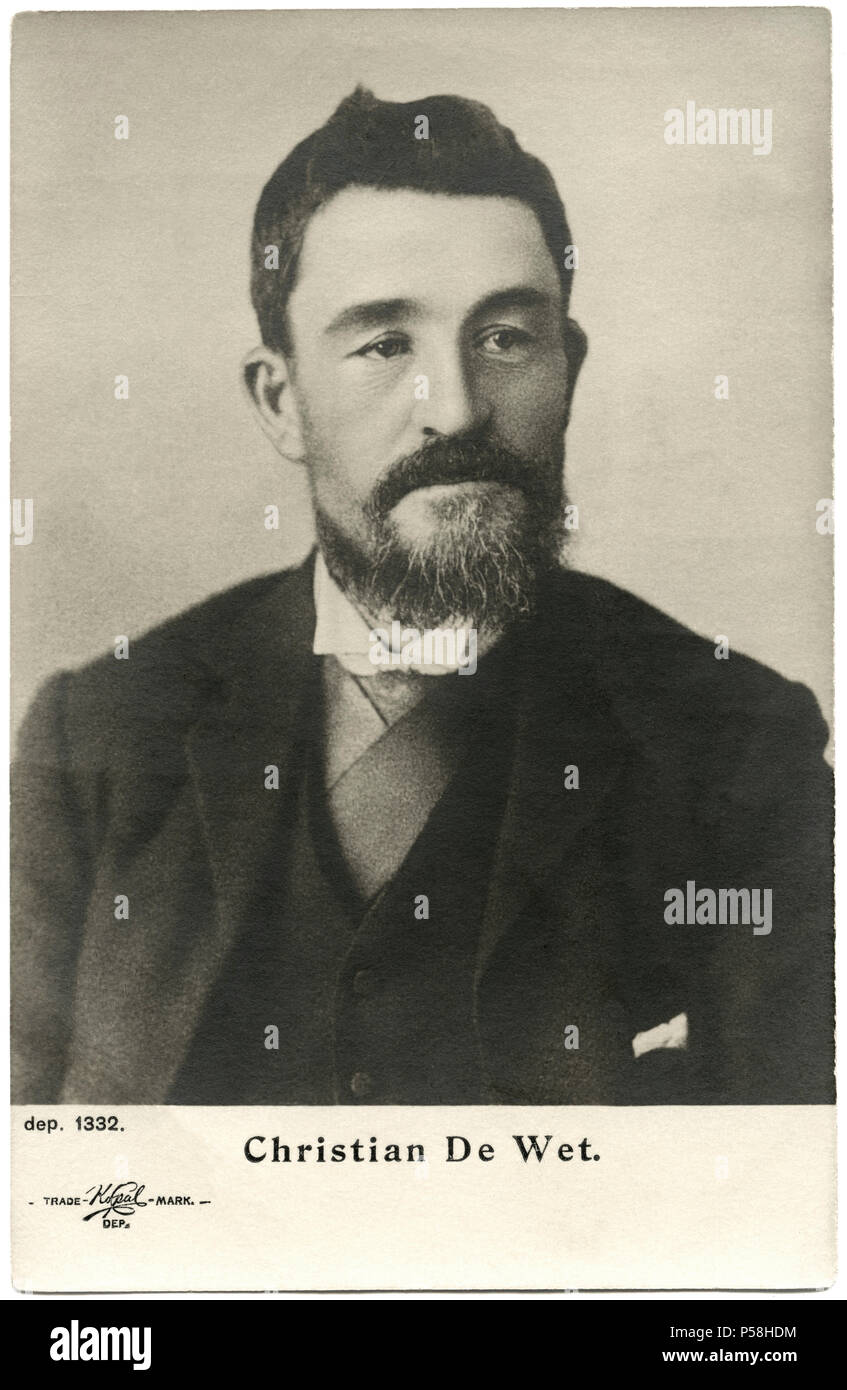
Rudolf Christiaan de Wet (18541922), General boer sudafricana y Politican, cabeza y hombros
The commander-in-chief of the Free State forces, Christiaan de Wet, in his book called the chapter on the subject "Wild Flight from Poplar Grove". Background The Relief of Kimberley took place on 15 February 1900. After the Battle of Paardeberg on the Modder River, the Boer commander, General Cronje, surrendered on 27 February.

Boer General Christiaan R. de Wet History war, Iconic photographs, African history
When the Boer War began on October 12, 1899, Australia was still a collection of separate British colonies with a total population of less than 4 million on a land mass nearly as large as the United States.. The Boers dug in. General Christiaan de Wet and his commando arrived to help Cronjé, attacking and skirmishing around the British.

Eén keer, maar nooit weer Christiaan (24) stond op de boerenkalender en vond dat doodeng Foto
Christiaan Rudolf de Wet, (born Oct. 7, 1854, Smithfield District, Orange Free State [now in South Africa]—died Feb. 3, 1922, Dewetsdorp district, S.Af.), Boer soldier and statesman, regarded by Afrikaner nationalists as one of their greatest heroes.

Christiaan Rudolf De Wet, 1854 to 1922 Boer General, Rebel Leader & Politician From South Africa
The Boers were inevitably outmatched, but even in the last phase, from September 1900, the brilliant Boer guerrilla commanders Christiaan de Wet, Koos de la Rey and Jan Smuts harried British bases and disrupted British communications. The war was being lost all the same as the British commander-in-chief, Lord Kitchener, systematically destroyed.
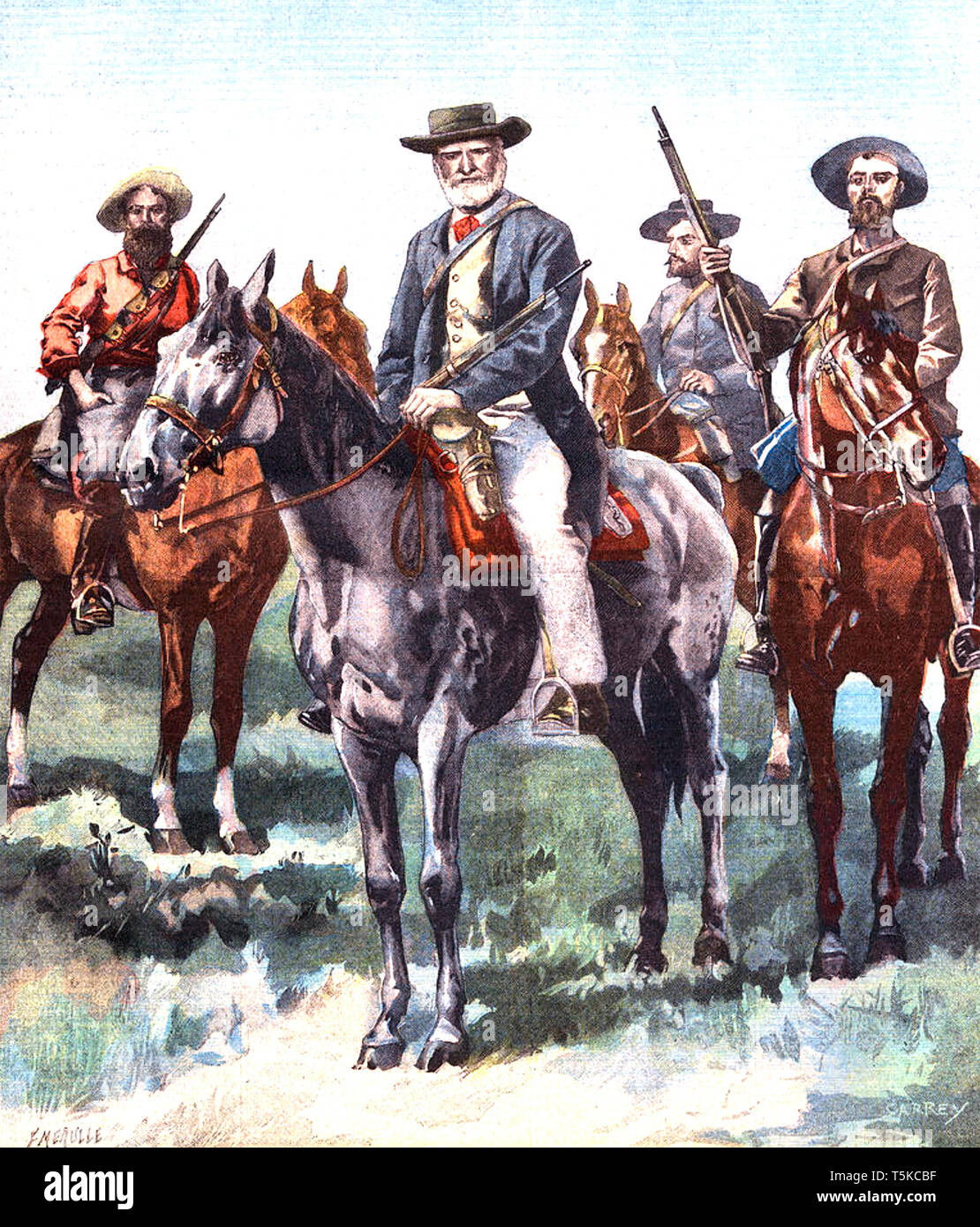
CHRISTIAAN de WET (18541922) Boer commander and politician Stock Photo Alamy
Christiaan Rudolf de Wet (Chrisjan de Wet, 7 October 1854 - 3 February 1922) was a Boer general, rebel leader and politician. [2] Life Born on the Leeuwkop farm, in the district of Smithfield in the Boer Republic of the Orange Free State, [3] he later resided at Dewetsdorp, named after his father, Jacobus Ignatius de Wet.
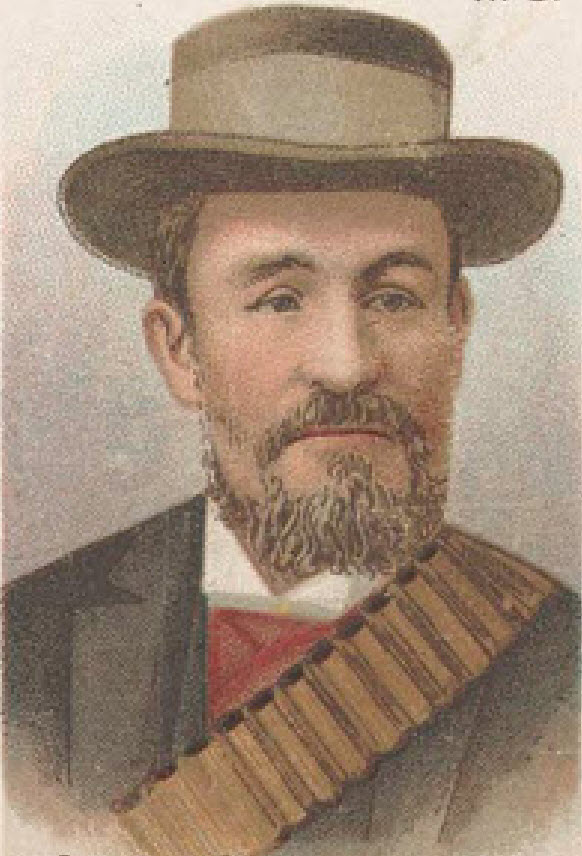
Christiaan Rudolf de Wet The Boer Guerilla Leader
these developments were. The way in which the Boer forces applied guerrilla tactics at, for example, the battles of Sannaspos, Bakenlaagte, Groenkop, Yzerspruit and Tweebosch/De Klipdrift will be briefly analysed, with special reference to the role played by Boer guerrilla commanders such as Christiaan de Wet, Koos de la Rey and Louis Botha.
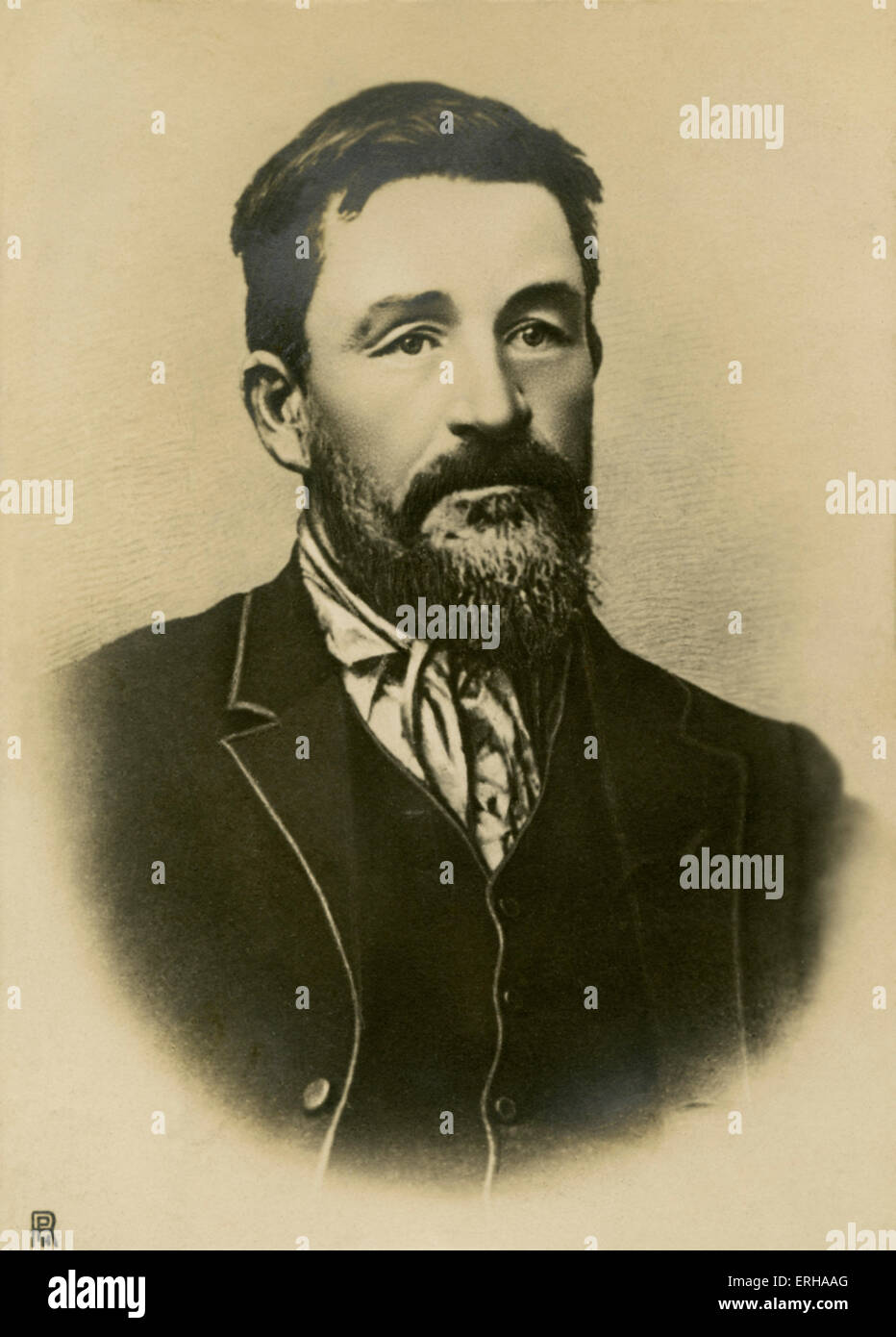
General Christiaan de Wet (18541922). General de Wet fought for Transvaal in the Second Boer
Ik ben Christiaan de Boer en ik teken illustraties met enkel een balpen. Geheel autodidactisch heb ik dit geleerd door jarenlang veel te oefenen en goed te kijken naar andere kunstenaars. Uiteindelijk heb ik een eigen stijl ontwikkeld. Mijn Illustraties variëren van portretten van mens en dier tot objecten in de ruimste zin van het woord.

Christiaan Rudolf de Wet, 1854 1922. Boer general, rebel leader Stock Photo, Royalty Free
General Christiaan Rudolph de Wet was a Boer soldier and statesman, regarded by Afrikaner nationalists as one of their greatest heroes. He won renown as commander in chief of the Orange Free State forces in the South African War (1899-1902) and was a leader in the Afrikaner rebellion of 1914.

Christiaan de Wet, Boer soldier and politician, c1900. De Wet... News Photo Getty Images
19 oz. Dimensions. 6 × 0.8 × 9 in. Writer. C. R. De Wet. A new edition of the classic Second Anglo Boer War memoirs, written by perhaps the most famous Boer general of all, Christiaan De Wet. Penned just six months after the end of the conflict, De Wet's accurate retelling of his exploits during the three-year war is a first-hand account of.

Early Postcard, South Africa, The Boer General Christiaan de Wet and... News Photo Getty Images
Two days later, Boer leader Christiaan de Wet did step forward. But surrender was the last thing on his mind. Striking with lightning speed, the guerrilla leader and his band of commandos killed or captured more than 700 British soldiers near the railway line in Roodewal. They also captured more provisions, arms and ammunition than at any.
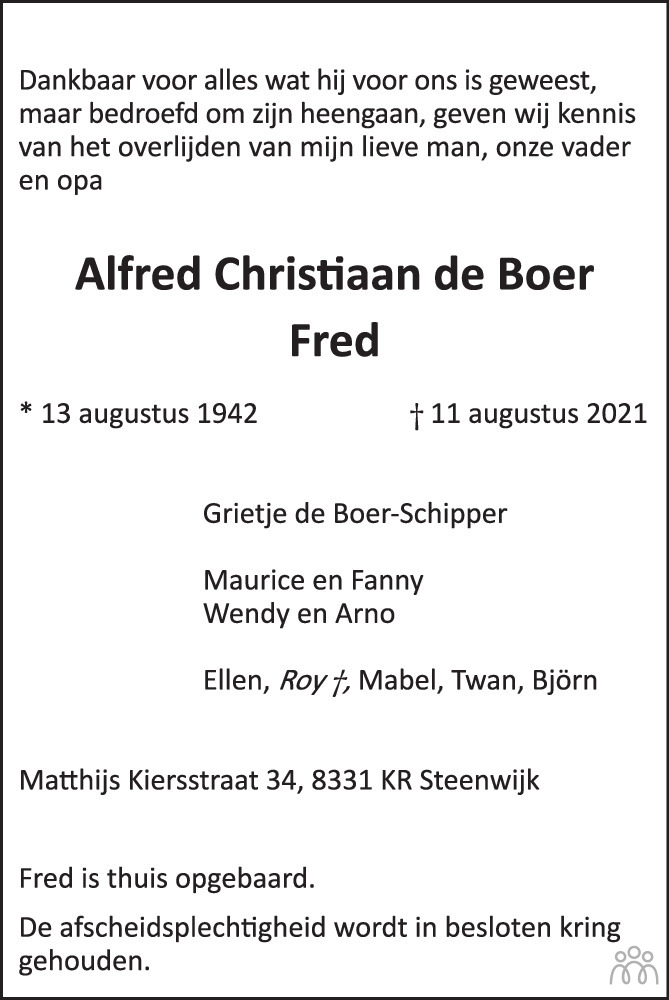
Alfred Christiaan (Fred) de Boer 11082021 overlijdensbericht en condoleances Mensenlinq.nl
Christiaan Rudolf de Wet (Chrisjan de Wet, 7 October 1854 - 3 February 1922) was a Boer general, rebel leader and politician.

Christiaan de Boer Makelaar Domicilie Makelaars LinkedIn
Christiaan Rudolf de Wet (Chrisjan de Wet, 7 October 1854 - 3 February 1922) was a Boer general, rebel leader and politician. Read more on Wikipedia Since 2007, the English Wikipedia page of Christiaan de Wet has received more than 258,125 page views. His biography is available in 19 different languages on Wikipedia.

Wet statue hires stock photography and images Alamy
General Christaan de Wet posing with a restored Mauser rifle in Potchefstroom, South African Republic, during the Second Boer War, c.1900 Christiaan Rudolf de Wet. Toggle search. Search. Toggle menu. 2.1K 106 8 8.5K The Great War 1914-1918.. Christiaan de Wet. From The Great War 1914-1918. Views Read; Edit; Edit source; View history.

Christiaan Botha Boer General Afrika, Zuid afrika
Christiaan de Wet had managed to escape capture in the Brandwater Basin where most of the Free State army had surrendered to Lieutenant-General Archibald Hunter. De Wet, with the Orange Free State President, Marthinus Steyn, had made his way over Slabbert's Nek on 15 July.

Doordeweeks is Christiaan deskaccountmanager, in het weekend is hij tekenaar met BICpen Foto
On 30 March 1900 a 2,000-man Boer force led by Christiaan De Wet advanced in the direction of Bloemfontein. Reconnaissance indicated the presence of a small garrison of British troops at Sanna's Post, 23 miles east of Bloemfontein, which held Bloemfontein's water works.